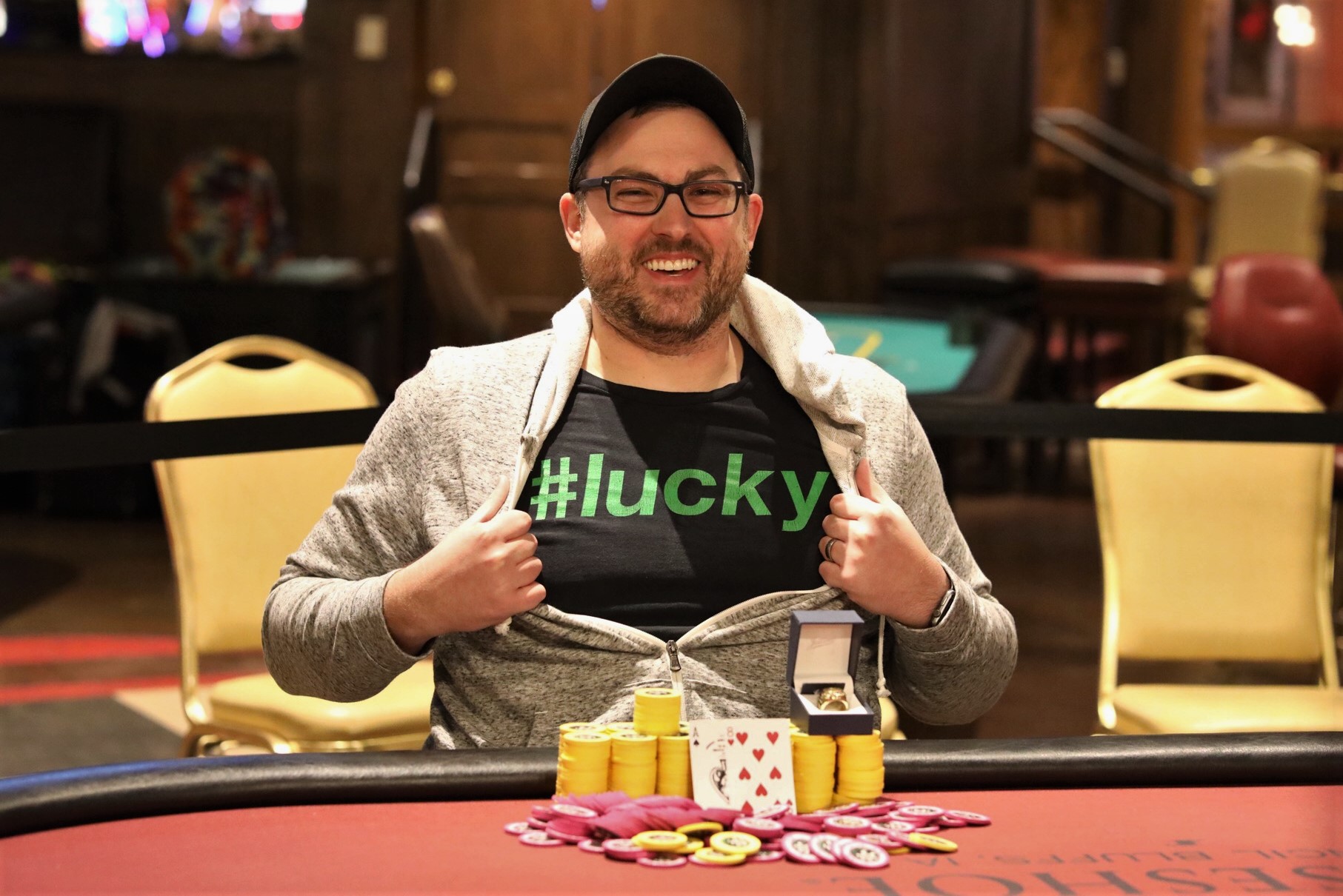

In less-competitive markets, where the demand for space to play is great, casinos will offer lower-paying machines because they will be played despite the low payoffs.Įnough Americans have an easy familiarity with the rank of poker hands that video poker has become one of the most popular casino games. In competitive markets, casinos walk a tightrope between two choices - offering a pay table so good that the best players can expect to make a profit in the long term, or offering lower pay tables and risk driving away the weaker players who are the casino's bread-and-butter customers. Enough mistakes are made that the casinos actually pay out 2 to 4 percent less than the expectation for skilled players. Why do casinos offer games that can be beaten? Because only a very small percentage of players know the basics of proper play. Other machines, especially some versions of Deuces Wild, offer a positive expectation to the player - that is, over the long haul, they'll return more than 100 percent with optimal play.

The basic game, Jacks or Better, in its full-pay version returns 99.5 percent with optimal play over the long haul. The best video poker machines, played skillfully, offer odds that rival any table game. In fact, when Missouri riverboats opened under a law that forbade games of chance, casinos were allowed to offer video poker, as a game of skill, even though slots, as games of chance, had to wait until voters changed the law. And because cards are required to be dealt from a randomly shuffled 52-card deck - or 53 cards, in the case of Joker's Wild machines - the possible combinations are known, the frequency of the combinations can be calculated, and an optimal playing strategy can be devised. Players have decisions to make that affect the outcome. But video poker adds something slot machines don't have - an element of skill.


 0 kommentar(er)
0 kommentar(er)
